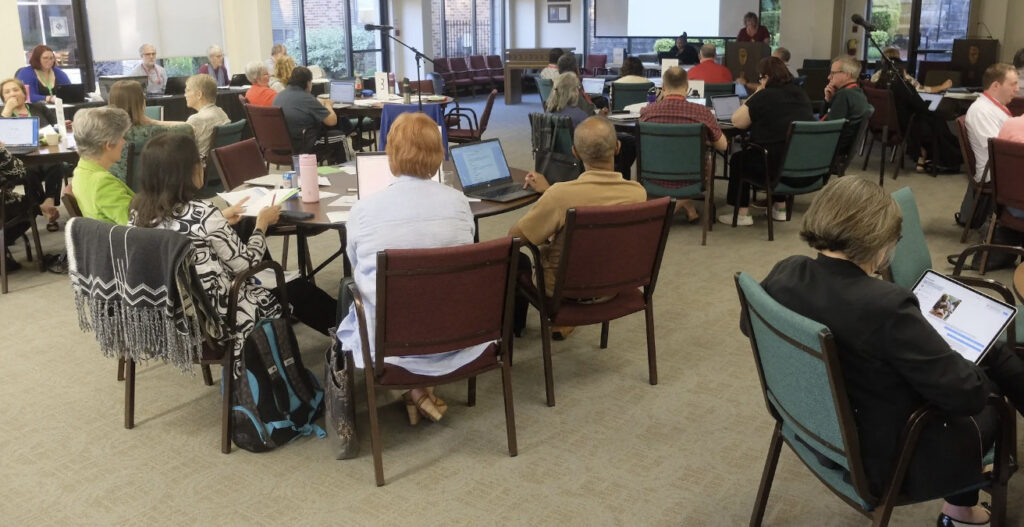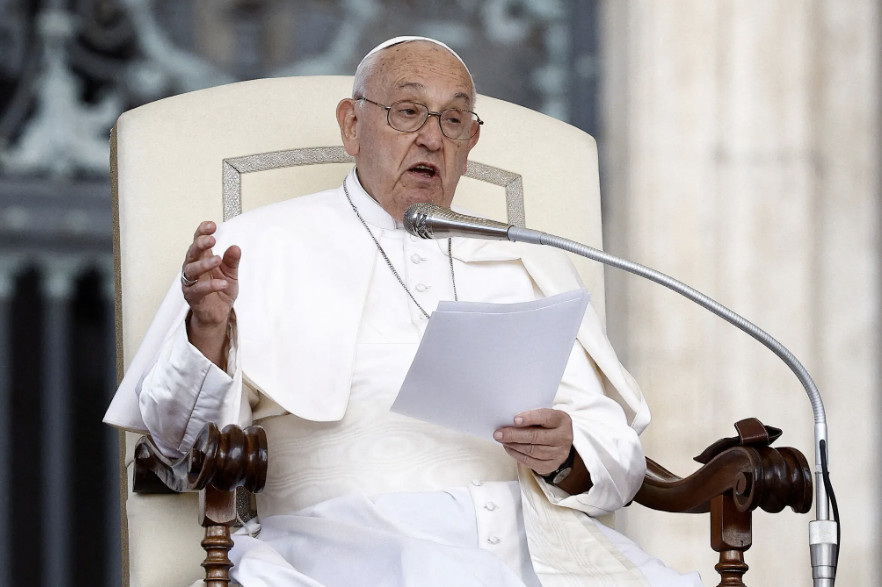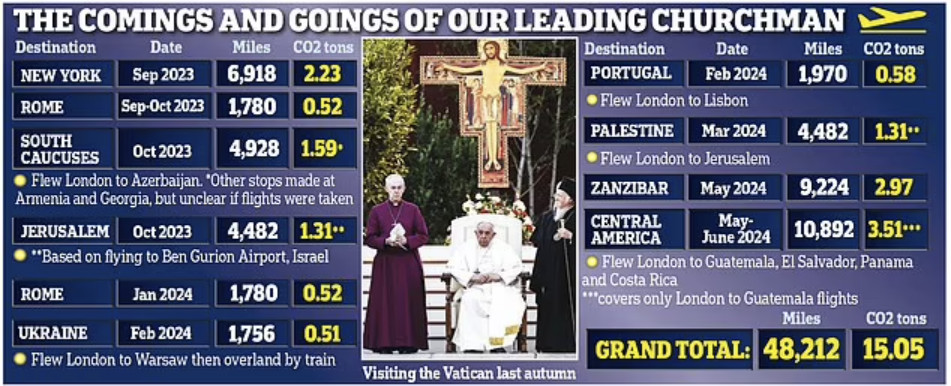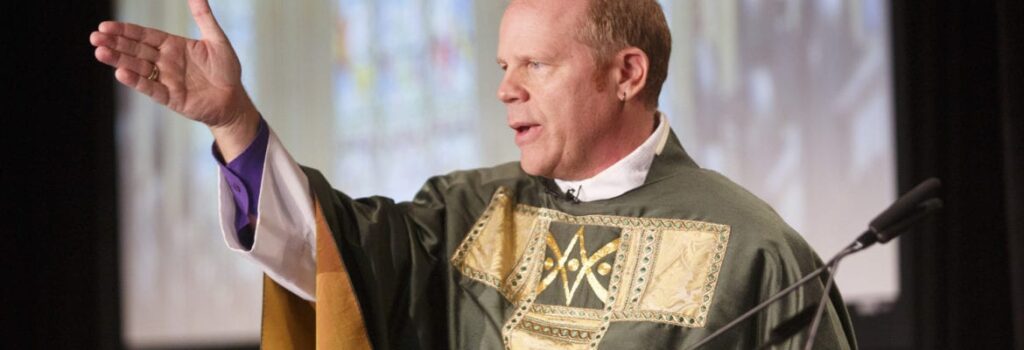From the beginning I was suspicious of the MRNA vaccines being peddled by Pfizer and other drug manufacturers. As I mentioned here:
“I have worked on technology most of my life”, I told the nurse. “For new technology, we operated on the principle that ‘if it can go wrong, it will’. Messenger RNA vaccines are new technology”.
That, and the fact that all the available COVID vaccines were developed or tested using cell lines grown from HEK293 or PERC6 cells extracted from aborted babies, convinced me not to take them.
The state of Kansas is now suing Pfizer for lying about the “safe and effective” mantra, the fact that, contrary to their claims, a vaccinated person can still infect someone else, for censoring criticism, for concealing the number of miscarriages their vaccine induced, for known adverse reactions and deaths, for invalidating the “blind testing” and for refusing to release its test data.
Still, Pfizer made around $100 billion dollars for its lies, so that’s something.
If you have the even the vaguest interest in the truth about this, watch this:
And here is the attorney general of Kansas:
This is merely anecdotal but, for what it’s worth, most of my friends did take a full course of one of the vaccines and almost all of them caught COVID. Many of them multiple times. A surprising number of them have also had blood clots, strokes and heart problems since taking the vaccine. Neither my wife or I had the vaccine (she did have one shot), we didn’t take any special precautions and neither of us caught COVID. We also haven’t had a blood clot, stroke or heart problems. As I said, merely anecdotal.




 What to do? How do we change paths? It’s a tall order, but not an impossibility if we can finally dispense with that perversely erroneous, discredited tenet of Enlightenment philosophy that defines humanity as irredeemably wicked, and instead remember that we are innately good. Born that way. It’s a truth that’s available to each of us through common sense and reflection. It is acknowledged and celebrated in classical Greek philosophy and all the great monotheistic religions. In my careers as a journalist and academic I’ve watched for decades as that ancient moral insight has gained the reinforcement of social-scientific researchers, reluctant though they may be to involve themselves with metaphysics.
What to do? How do we change paths? It’s a tall order, but not an impossibility if we can finally dispense with that perversely erroneous, discredited tenet of Enlightenment philosophy that defines humanity as irredeemably wicked, and instead remember that we are innately good. Born that way. It’s a truth that’s available to each of us through common sense and reflection. It is acknowledged and celebrated in classical Greek philosophy and all the great monotheistic religions. In my careers as a journalist and academic I’ve watched for decades as that ancient moral insight has gained the reinforcement of social-scientific researchers, reluctant though they may be to involve themselves with metaphysics. He recommends that conversations about the future of the church be convened around the theming of the five “transformational commitments” in the church’s latest strategic plan. Doing so, he says, “could be an instrument to aid in the renewal and rejuvenation of the General Synod and perhaps begin a process of devolving some powers and responsibilities to provinces and dioceses.”
He recommends that conversations about the future of the church be convened around the theming of the five “transformational commitments” in the church’s latest strategic plan. Doing so, he says, “could be an instrument to aid in the renewal and rejuvenation of the General Synod and perhaps begin a process of devolving some powers and responsibilities to provinces and dioceses.” Berringer said she expected the subject matter of this year’s conference to be sensitive and controversial. The event’s website describes its purpose as exploring what it means to decolonize expressions of worship in the Anglican and Lutheran churches. Berringer says it’s about identifying the ways in which Anglicans and Lutherans from outside European-derived culture don’t see themselves reflected in the churches’ worship, and about finding ways to make it their own.
Berringer said she expected the subject matter of this year’s conference to be sensitive and controversial. The event’s website describes its purpose as exploring what it means to decolonize expressions of worship in the Anglican and Lutheran churches. Berringer says it’s about identifying the ways in which Anglicans and Lutherans from outside European-derived culture don’t see themselves reflected in the churches’ worship, and about finding ways to make it their own. WARNING: This story contains vulgar language.
WARNING: This story contains vulgar language. Justin Welby has been dubbed the ‘Archbishop of Airmiles’ and accused of hypocrisy for flying around the world while pressuring congregations to achieve net zero.
Justin Welby has been dubbed the ‘Archbishop of Airmiles’ and accused of hypocrisy for flying around the world while pressuring congregations to achieve net zero.